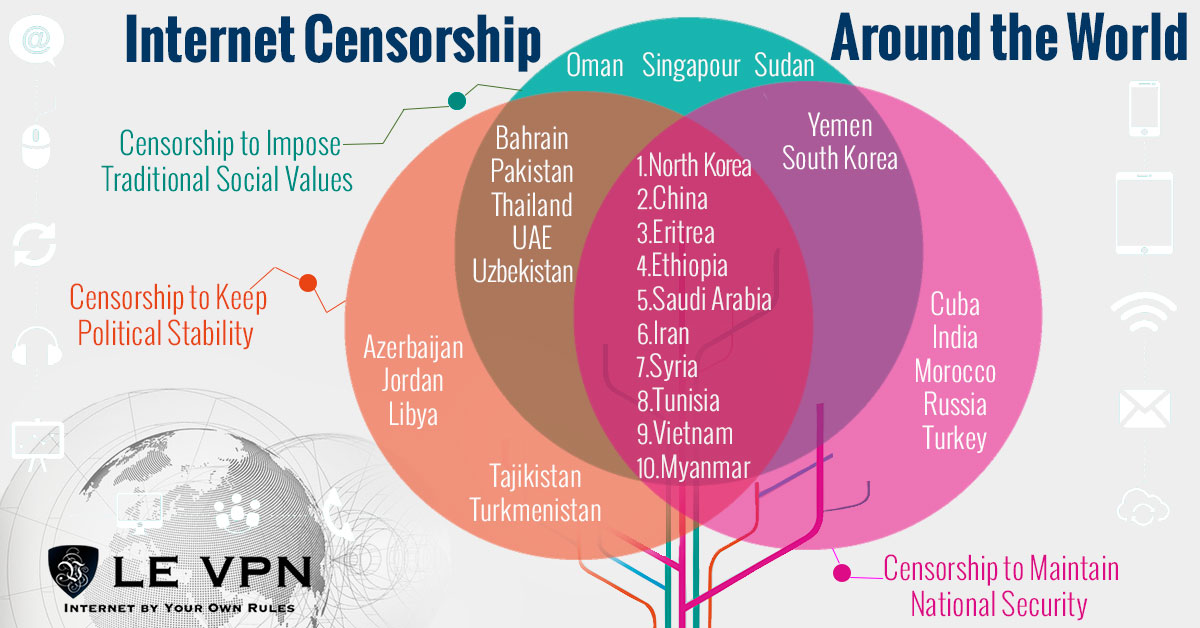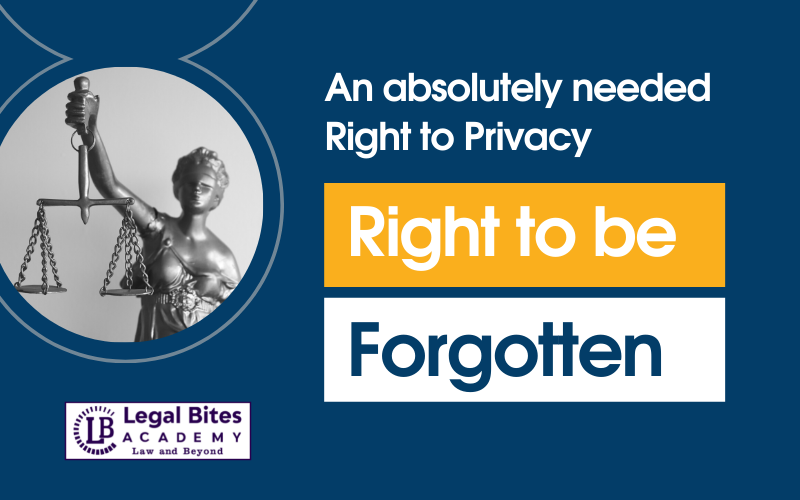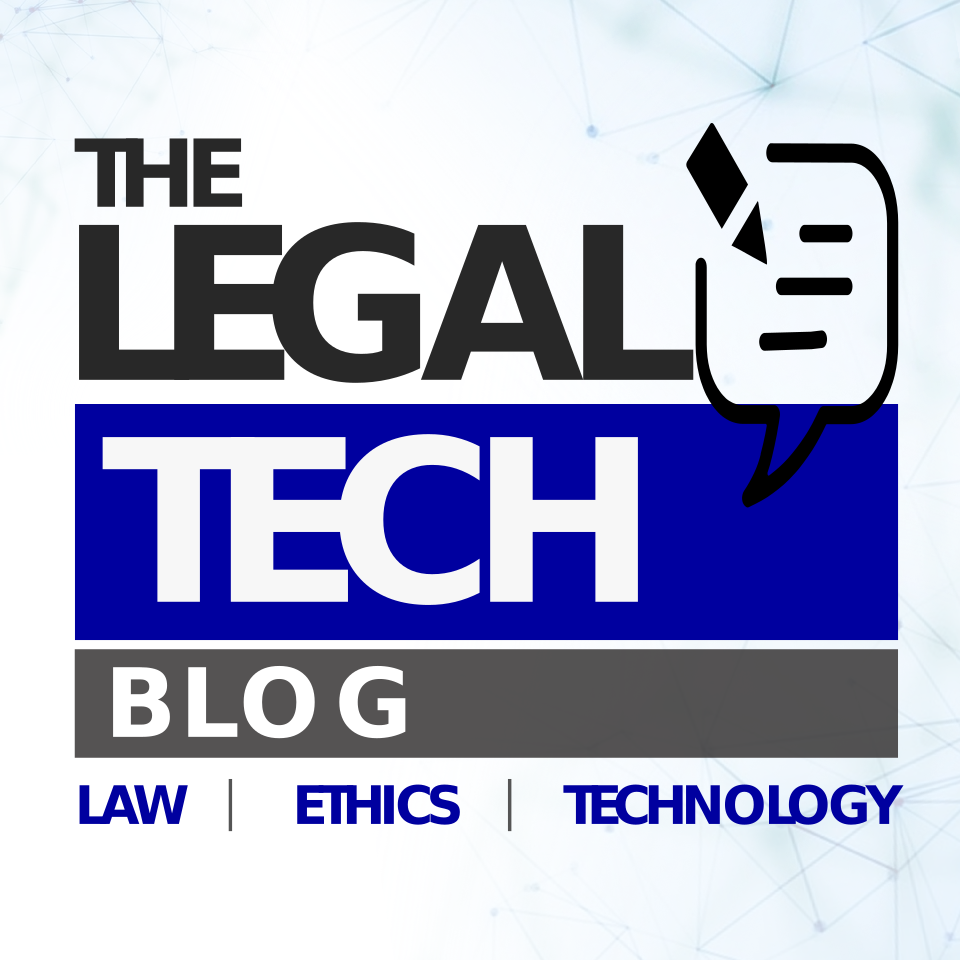
Digital Boundaries: Navigating Internet Censorship Laws
The ubiquity of the internet has transformed the way we access information and communicate, but it has also sparked debates about the regulation of online content. Understanding internet censorship laws is essential as governments grapple with balancing freedom of expression and the need to address harmful content.
The Global Landscape of Internet Censorship Laws
Internet censorship laws vary widely across countries, reflecting different cultural, political, and social values. Some nations adopt a more permissive approach, emphasizing free expression, while others impose strict controls to manage content that authorities deem inappropriate or harmful. Navigating this global patchwork of regulations is complex, with implications for individuals, businesses, and digital platforms.
Government Oversight and Regulatory Authority
Governments play a pivotal role in shaping internet censorship laws, often wielding regulatory authority to monitor and control online content. This oversight can encompass blocking access to specific websites, restricting social media platforms, or monitoring online communications. The balance between maintaining national security and respecting citizens’ rights remains a delicate challenge.
Content Restrictions and Filtering Mechanisms
One common method employed by countries with internet censorship laws is content filtering. Governments may block access to websites or specific types of content deemed objectionable. Filtering mechanisms often target political dissent, adult content, or information that challenges prevailing ideologies. The effectiveness of these measures varies, and they raise concerns about restricting access to diverse perspectives.
Online Surveillance and Privacy Concerns
Internet censorship laws sometimes go hand-in-hand with increased online surveillance. Governments may justify monitoring online activities to combat illegal content or maintain public order. However, this surveillance raises significant privacy concerns, as individuals may feel their online activities are under constant scrutiny. Balancing security needs with privacy rights is a continuous challenge in the digital age.
Chilling Effects on Freedom of Expression
While internet censorship laws are often enacted to curb the spread of harmful content, they can have unintended consequences on freedom of expression. The fear of censorship can lead individuals to self-censor, limiting the diversity of opinions and stifling open discourse. Striking a balance that protects against harmful content without impeding free expression remains a key challenge for lawmakers.
Corporate Responsibility and Platform Regulations
Digital platforms and social media companies also play a crucial role in navigating internet censorship laws. Many operate globally and must comply with diverse regulatory frameworks. Balancing their commitment to free expression with local laws often involves difficult decisions, such as content takedowns or user account restrictions. The evolving landscape requires platforms to establish clear content moderation policies.
Circumvention Tools and Evading Censorship
In response to internet censorship, individuals and activists often turn to circumvention tools to access restricted content. Virtual Private Networks (VPNs) and proxy servers can help users bypass filters and access information freely. However, governments may respond by cracking down on the use of such tools, creating a cat-and-mouse game between users and authorities.
International Advocacy for Digital Rights
As internet censorship laws become a global concern, international organizations and advocates emphasize the importance of protecting digital rights. Efforts to establish norms for online freedom, combat internet shutdowns, and raise awareness about the implications of censorship contribute to a collective push for a free and open internet.
The Future of Internet Censorship
The future of internet censorship laws is likely to be shaped by technological advancements, changing political landscapes, and evolving societal norms. Striking a balance between preventing harm and upholding individual liberties will continue to challenge policymakers. The role of civil society, digital rights activists, and the tech industry will be pivotal in influencing the trajectory of internet censorship regulations.
Navigating a Dynamic Digital Terrain
In conclusion, navigating internet censorship laws requires a nuanced understanding of the global landscape and an awareness of the complexities involved. Striking a balance between maintaining online security, protecting individual privacy, and upholding freedom of expression is an ongoing challenge. To delve deeper into internet censorship laws and stay informed on global developments, visit Internet censorship laws.


